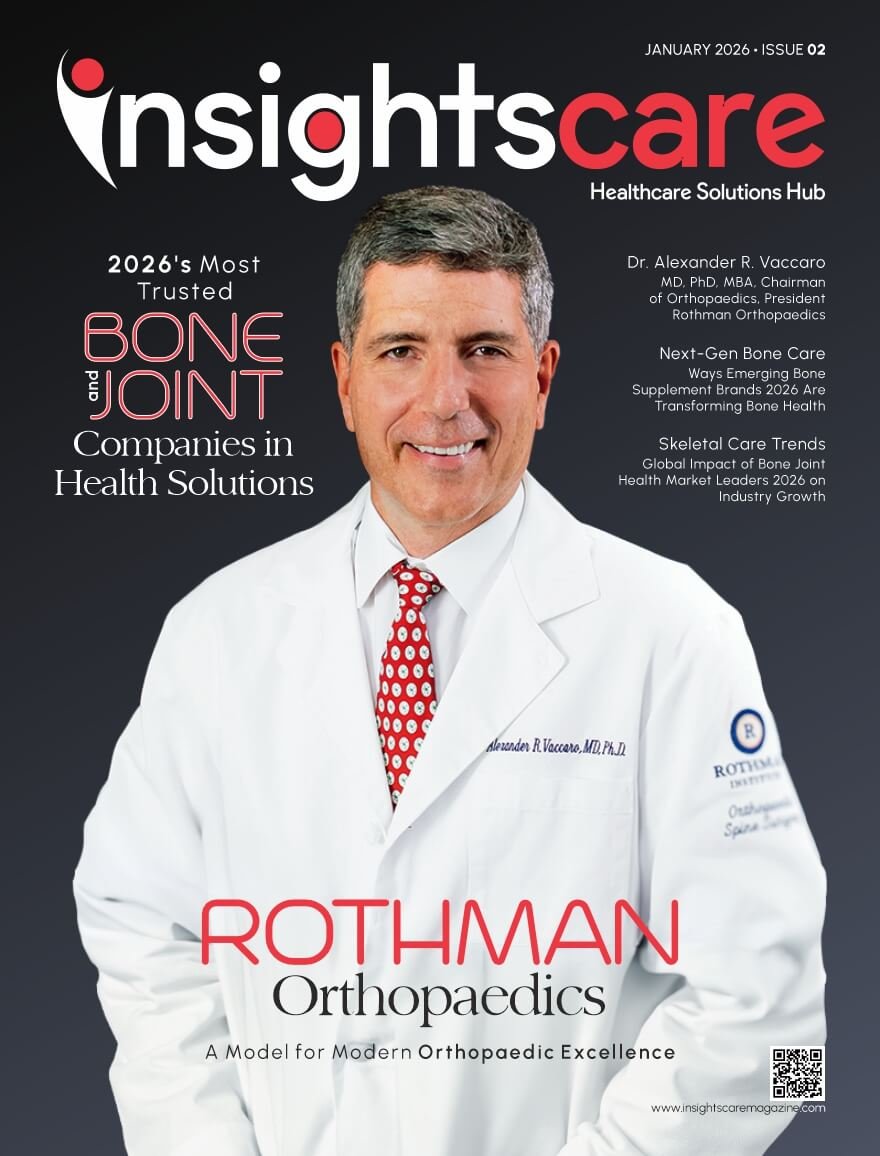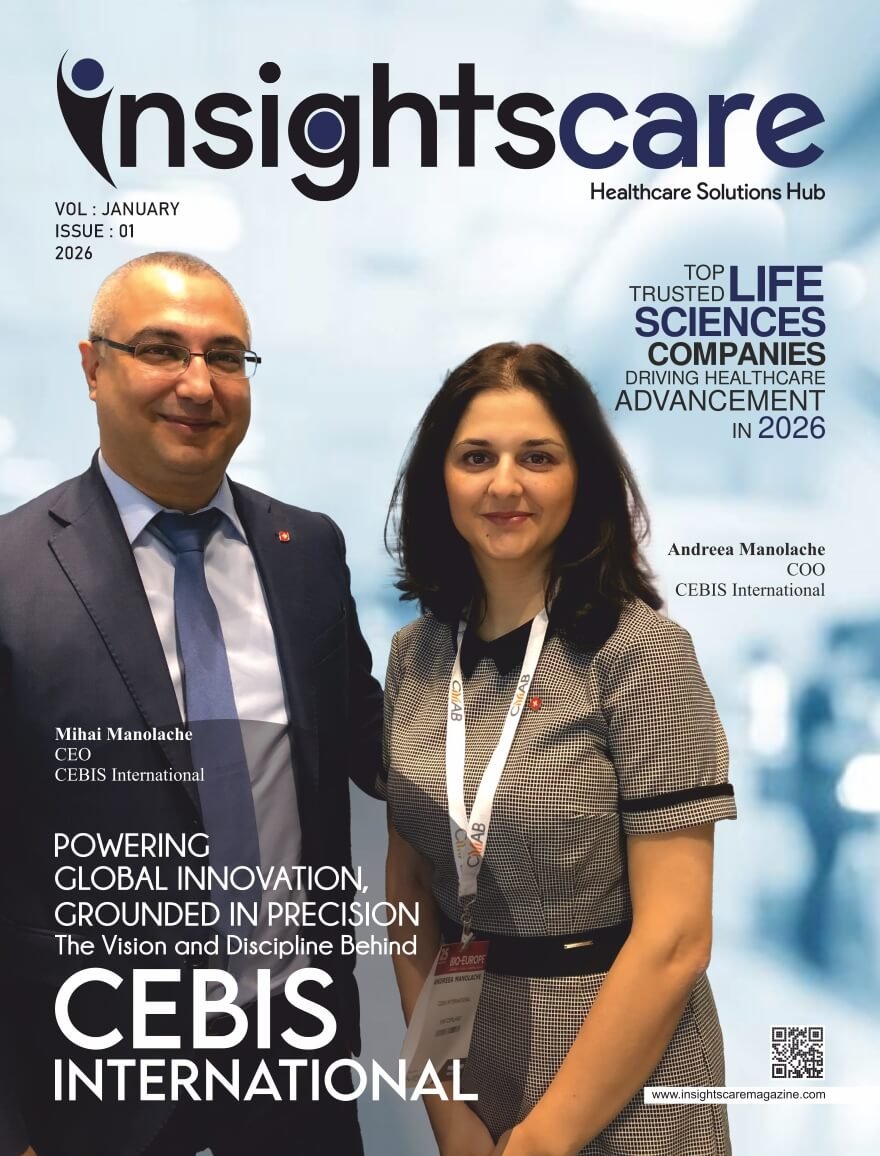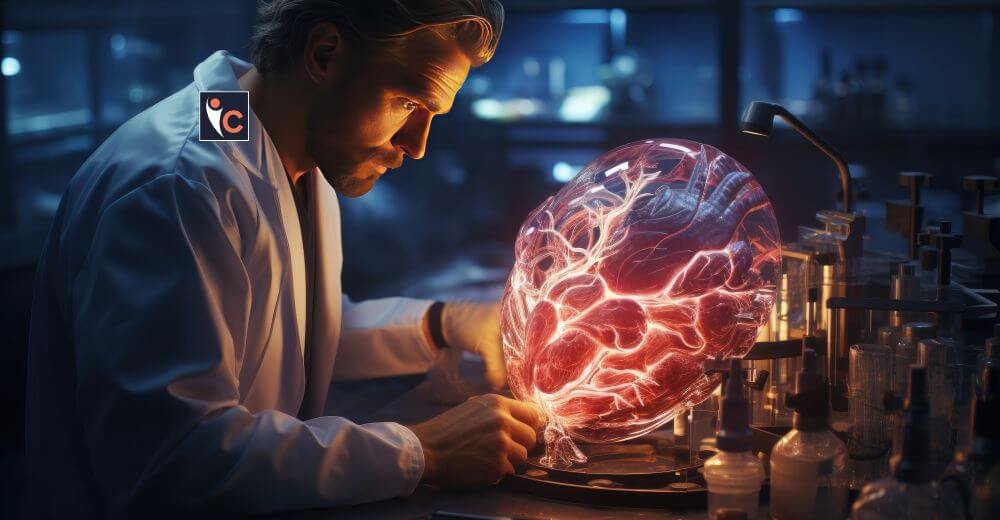A New Era of Precision
Cardiothoracic surgery, a specialty of practice dealing with the management of heart, lung, and other thoracic organ diseases, has always been at the forefront of medical innovation. From the development of open-heart surgery to the establishment of minimally invasive technology, the specialty has progressively improved to improve patient outcomes. Currently, artificial intelligence (AI) is ushering in a new age of precision, transforming Cardiothoracic Surgery Innovations through improved diagnostics, surgical planning, intraoperative assistance, and postoperative care.
In this article, we will discuss the central role played by AI in changing cardiothoracic surgery and its power to reframe clinical practice.
AI-Powered Diagnostics
Among the most significant tasks of AI in cardiothoracic surgery is enhancing the accuracy in diagnosis. Programs trained on huge databases of medical images can detect abnormalities with unbelievable precision: they are known as machine learning programs. As an example, artificial intelligence algorithms analyzing computed tomography (CT) scans or echocardiograms may detect the early manifestations of such diseases as coronary artery disease, lung cancer, or valvular heart disease, and even before the onset of symptoms.
AI eliminates false positives and negatives, and it means that it lowers the number of unnecessary procedures and makes sure that patients are provided with proper care, which preconditions the success of surgery.
Surgical Planning
AI is changing surgical planning with the provision of data-driven, personalized insights. Surgical procedures that involve thoracic surgery such as the coronary artery bypass grafting or removal of lungs require a precise planning due to the complex nature of the thoracic anatomy. AI-driven platforms can do 3D imagery of patients, allowing surgeons to be able to look and practice procedures before getting in the operating room.
Such computer simulations enable surgeons to anticipate difficulties, optimize incision location, and customize intervention to individual patient anatomy. As an example, AI-powered software like HeartFlow can create a patient-specific model of the coronary arteries that can help a surgeon plan the stents more accurately. This accuracy reduces the risk of any operation, saves time and enhances the results, which is a giant leap in the field of Cardiothoracic Surgery Innovations.
Intraoperative Assistance
AI is a timely assistant to the surgeon in the operating room and helps him/her to improve his/her capability. Robotic-assisted technologies such as the da Vinci Surgical System integrate AI to enhance dexterity and precision in minimally invasive procedures. They use machine learning to filter the hand tremors, understand the movements of the surgeon as precise movements and provide magnified and high-resolution views of the operation site.
Intraoperative decision-making is also made with the help of AI. As an example, computer vision algorithms may be used to scan live operating feeds and identify significant structures, such as the blood vessels or nerves, reducing the chances of accidentally damaging them.
Postoperative Care
The effects of AI reach beyond the OR, maximizing postoperative care through predictive models. Machine learning algorithms review patient information—vital signs, laboratory tests, and past outcomes—to forecast complications such as infections, arrhythmias, or respiratory collapse. Clinicians can pre-emptively intervene based on these forecasts, enhancing recovery rates.
For instance, AI-facilitated platforms such as the Cleveland Clinic’s risk stratification platform utilize real-time information to predict postoperative atrial fibrillation, a frequent cardiac surgery complication. By identifying high-risk patients, the platform facilitates targeted prevention, including modified medication protocols. Furthermore, AI-facilitated remote monitoring platforms monitor patients after discharge, triggering alerts to health professionals for early warning signs. Readmission is minimized, and long-term outcomes are improved.
Ethical and Practical Considerations
Although AI has great potential, its application in cardiothoracic surgery is not only practical but also has ethical implications. The most important issue with data privacy is safeguarding patients’ confidentiality since AI deals with substantial amounts of data that need to be stored safely. There is also an issue of algorithmic bias in which the model gives wrong predictions to minority communities, and this should never happen so as to make sure there is fair care.
Surgeons will also have to adapt to the position of AI, dividing dependence on technology with clinical judgment. Overdependence on AI would reduce surgical proficiency, and a lack of use could limit its benefits. Residency programs are evolving to include AI literacy to ensure surgeons can utilize these tools properly. Finally, regulatory frameworks must catch up with innovation to ensure AI systems function well and safely.
The Future of AI in Cardiothoracic Surgery
Looking forward, the role of AI in cardiothoracic surgery is set to grow. Improvements in natural language processing may allow AI to learn from unstructured clinical notes, further optimizing treatment plans. Autonomous surgical robots, powered by AI, could eventually conduct mundane tasks under the watchful eye of a human, allowing surgeons to concentrate on high-level decision-making. Further, the incorporation of AI into genomics may enable personalized treatments, with interventions keyed to a patient’s genetic make-up.
The convergence of AI and cardiothoracic surgery is a new era of precision, as data-driven knowledge improves each step of patient care. From enhanced diagnostics, planning, intraoperative accuracy, and postoperative recovery, AI not only improves outcomes but redefines possibilities in this high-risk domain. As Cardiothoracic Surgery Innovations continue to advance, AI will be a foundation, propelling progress and changing lives.










